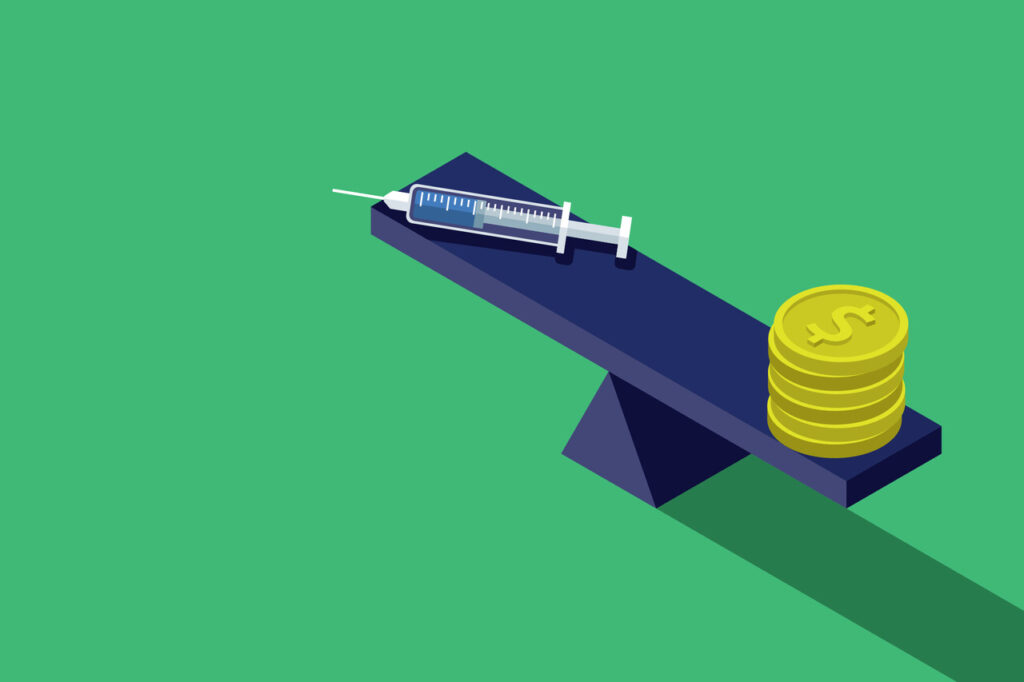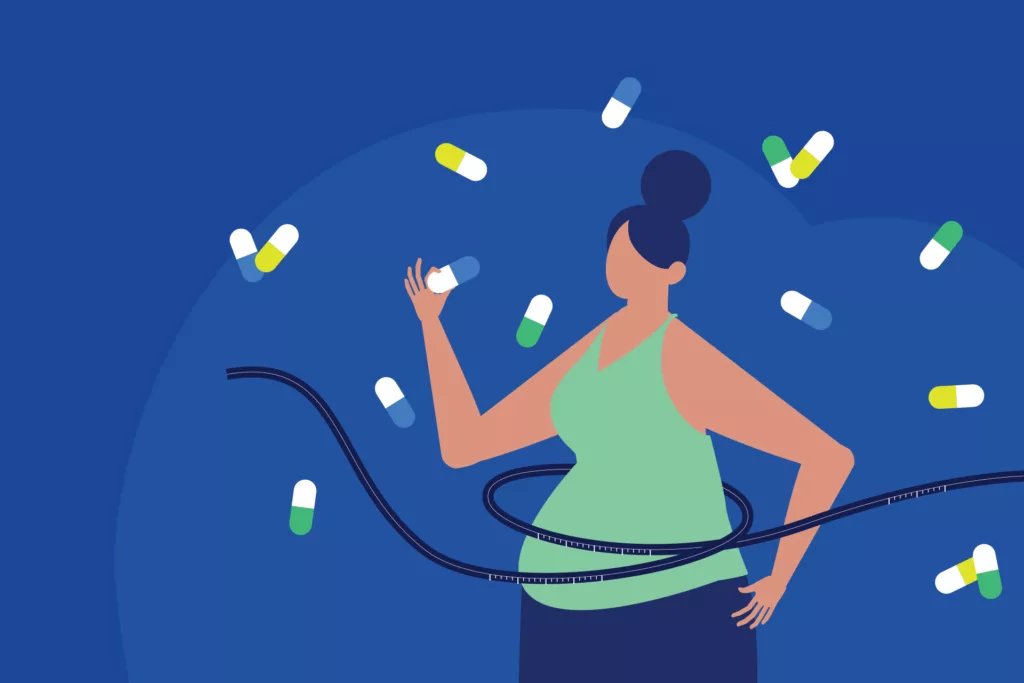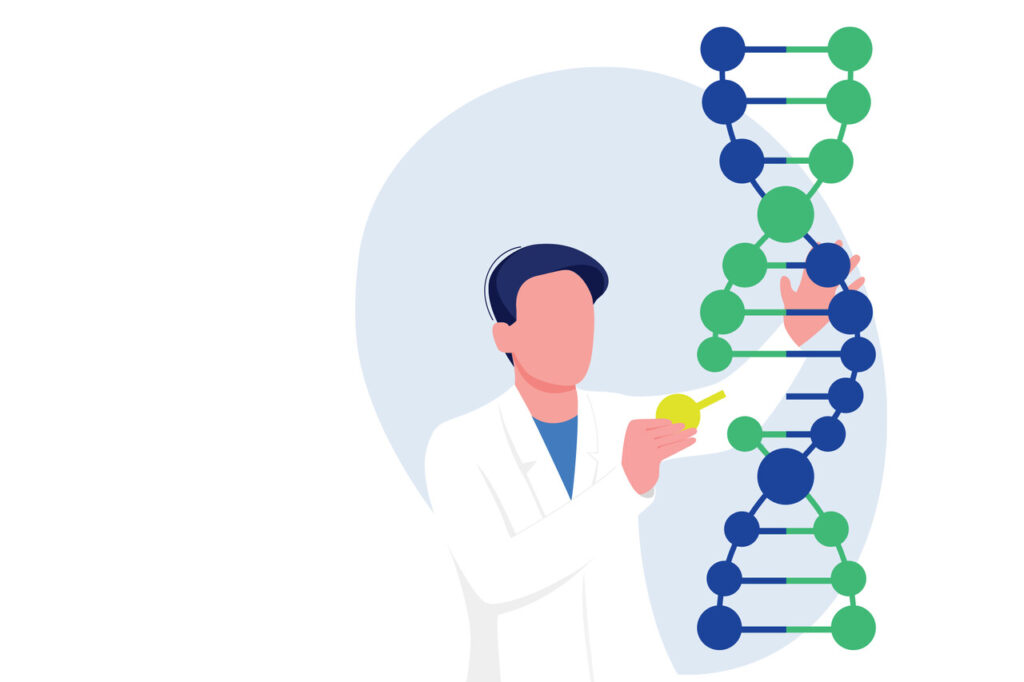As industry experts, it’s the number one topic we’re being asked to comment on. While biosimilars have existed for many years, the topic has been gaining some serious new attention as AbbVie’s Humira—the number one selling drug in the U.S.—no longer has exclusivity in the market.
Will biosimilar competitors increase competition, lower drug costs and knock Humira out of the top spot?
We cover everything you need to know and more, in our upcoming white paper: “Breaking Down the Hottest Topic in Pharmacy: Humira Biosimilars,” set for release in early February. Until then, enjoy this preview that lays the groundwork for the industry report you’ve been waiting for—and won’t want to miss.
What are Biosimilars—are They Generics?
Biosimilars are not generics—they’re not exact copies of their reference product but have the same clinical characteristics as their biologic originator product. Biologics are produced from living organisms which require a complex manufacturing process that cannot be replicated. Biosimilars go through an abbreviated Biosimilar Biologic License Application under the 351(k) biosimilar pathway.
History of Biosimilars
Increasing competition of originator products, through the introduction of potentially lower cost biosimilars, creates an opportunity to ease the financial burden associated with many specialty drugs. The passage of the Biologics Price Competition and Innovation Act (BPCI Act) in 2010 established the foundation for biosimilar approval by providing an abbreviated approval pathway. The process was slow moving in the beginning as only two biosimilars, Zarxio and Inflectra, were approved prior to 2017. Since then, approvals and uptake have been steadily increasing—with some biosimilars capturing significant market share within the oncology space.
Today—biosimilars seem to be the topic of conversation everywhere. Why? Humira. The launch of Humira biosimilars will be a test for industry stakeholders, as their entrance will reveal whether blockbuster drugs can be replaced to reduce the cost burden on payers and patients.
Where We Are Today
Although the initial U.S. Humira patent expired in December 2016, AbbVie has enjoyed over twenty years of exclusivity. In 2023, due to settlement agreements, exclusivity will end.
Many stakeholders within the industry are hopeful that Humira biosimilars will increase competition and bring down the cost of specialty medications for autoimmune diseases. Historically, increased competition through the introduction of biosimilars has created opportunities to lower the financial burden associated with specialty drugs, which has reduced the risk for negative outcomes due to medication nonadherence.
Because AbbVie’s exclusivity has expired, biosimilar market entrance could eventually play a key role in impacting U.S. healthcare costs. But for that to happen, many of the barriers that exist, must be overcome.
The Cost-Rebate Power Play
When it comes to cost, Humira is an extremely expensive autoimmune treatment available on the market. While more affordable drugs exist to treat autoimmune conditions, the cost-rebate structure make them less favorable to pharmacy benefit managers (PBMs) who control the formularies.
Because the “Big 3” PBMs: CVS Caremark, Express Scripts and OptumRx control an estimated 85% of all prescriptions in the United States, they bring in an estimated $6.3B, collectively, in rebates from AbbVie each year. Humira’s preferred placement on their formularies has been historically untouchable.
Will that continue in 2023—and beyond?
Stay tuned for our free white paper, “Breaking Down the Hottest Topic in Pharmacy: Humira Biosimilars,” to explore the interesting history of Humira, the competitors expected to make their debut this year and our predictions for the future landscape within the autoimmune drug market.






